I guess that many foreigners know Tokugawa Ieyasu who founded the Edo era. However, how about other famous people in Japan? I want to introduce three big men who represent the Sengoku era (戦国時代), including Ieyasu. They are Oda Nobunaga, Toyotomi Hideyoshi and Tokugawa Ieyasu. There was an old saying about each of them. It’s actually nice and expresses each of their characters well.
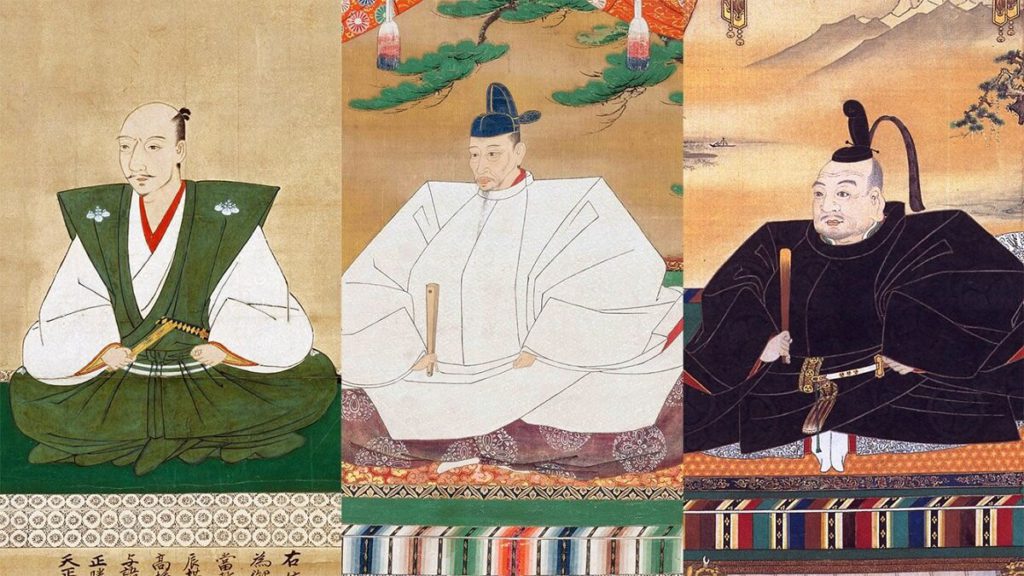
First of all, Nobunaga said, “If the lesser cuckoo doesn’t sing, kill it immediately.”
He was smart but he had a very short temper. Because of that characteristic, he was killed by his subordinate in the end. He was terrible at handling people who supported him despite the fact that he was smart. In my eyes, he might be too smart to be satisfied with others.
When it comes to Hideyoshi, he said “If the lesser cuckoo doesn’t sing, I’ll make it sing.”
He was a man of effort. He was from a poor farm, namely *Hyakusho (百姓), not a Buke, (武家) which is what they called a samurai’s home. He dreamed of being a Bushi (武士) and uniting Japan in the future. “Bushi” was thought to be the best grade in *the Japanese caste system at that time. Besides, most Bushi thought that they wanted to be rulers of Japan. That’s why there was a long period of civil war, the Sengoku era. Hideyoshi worked hard after he started to serve Nobunaga and showed his loyalty to him. When he wanted to serve Nobunaga, he warmed Nobunaga’s shoes against his chest. Then, he was able to work under Nobunaga. After that time, he worked hard for him and attracted his attention. There were some works about how smart he was and how he made an effort.
As one example, he built a castle in only one day. Finally, after Nobunaga’s death, he took over his position and ruled Japan. Besides, he built the Osaka Castle. However, it didn’t last long because after his death, his son was also killed. In the Sengoku period, warriors who were strong and confident were wanted, so even if they were from low status, they could be Samurai. That’s why the Sengoku period was a harsh time.
The third man, Ieyasu said “If the lesser cuckoo doesn’t sing, I’ll wait for it to sing.”
When he was a kid, he lived in his enemy’s castle as a hostage, so he was patient and thoughtful. Luck dropped into his lap. I don’t think he was just waiting for a chance. He met Nobunaga when he was a child and Nobunaga treated him as a kind of friend, not his servant. So Hideyoshi also held Ieyasu in high regard. Ieyasu was good at handling people. At last he united Japan and became the ruler of Japan after Hideyoshi. He enacted his era, the Edo era (江戸時代), which continued for over 260 years until the Meiji era took over it. The hereditary monarchy doesn’t usually last long, and new power always arises. However, it’s true that a lot of specific culture was born and built in the Edo era.
* Hyakusho (百姓): peasant
* Japanese caste system: 士農工商 (Bushi, Farmer, Craftsman, Marchant) They were respected in this hierarchy. Merchants were considered the lowest grade in society because they earn money. Despite this, they were the richest and Bushi borrowed money from them.
I’m Toyoko. My English career is so long, but I’m still on the way. It’s like a little girl beginning to talk. It’s a long and tough way, but because I have a lot to learn, I’m not sick of it. I always find something new while learning English, and it’s fun, though there are ups and downs.

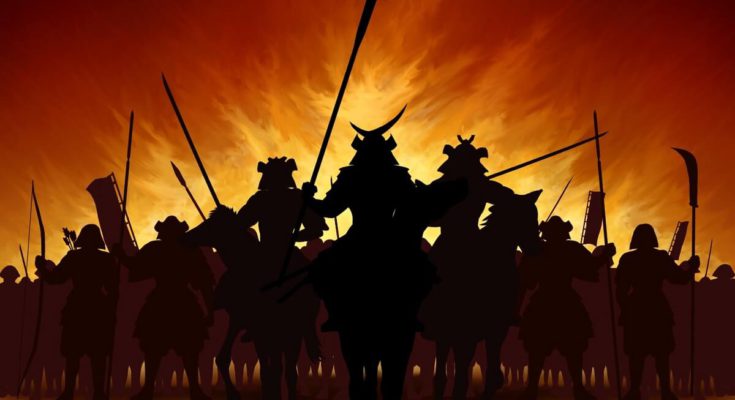
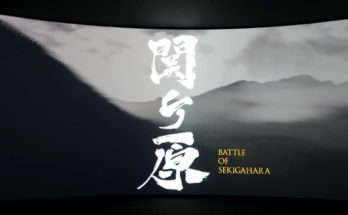
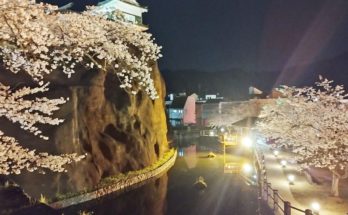
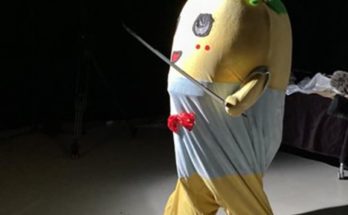
 HTJ has a YouTube page! Check it out
HTJ has a YouTube page! Check it out
Hi, Toyoko san! I enjoyed your article. Your explanation was concise and easy to understand. Thank you! It was also very interesting to note in the annotations that the merchants were the lowest in status, but the richest!
Hi Toyoko,
Thank you for writing this article. It must have taken a long time to research! I never knew Hideyoshi was a farmer who rose to the Bushi level. Since positions in Japan were inherited, he was an outlier. Your article inspired me to research a comparison between the Japanese and European feudal systems. Thank you.